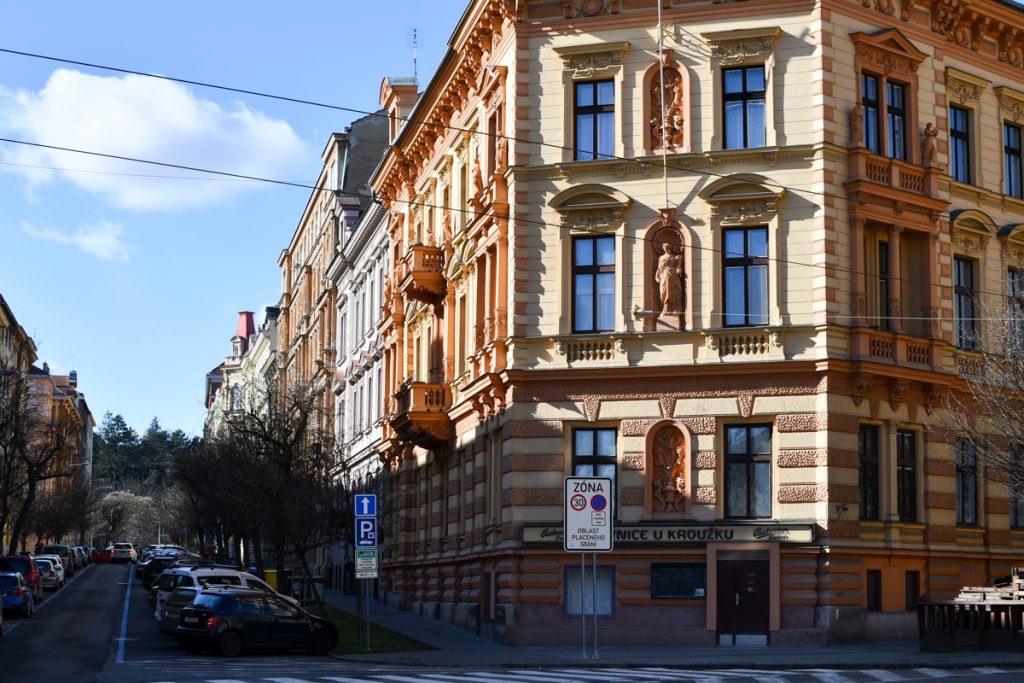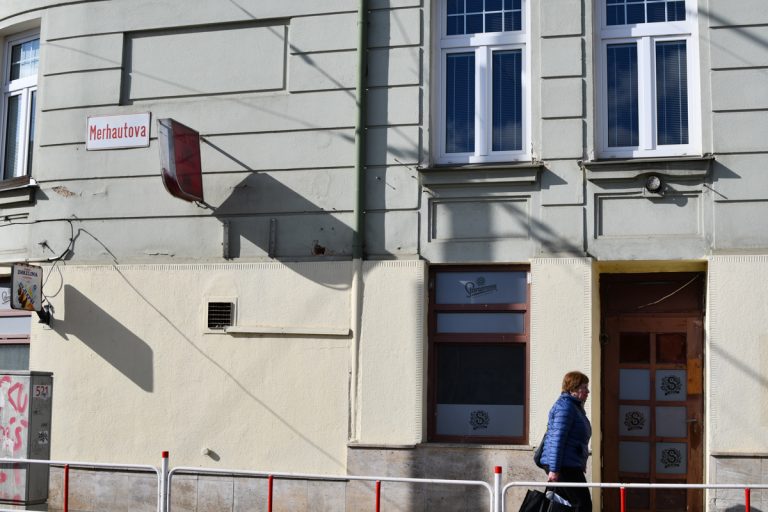Over the last week, the Czech government has announced several rounds of restrictions on social and economic activities, designed to slow the spread of Covid-19, the novel coronavirus. The current measures will remain in place at least until 6am on March 24th. Here we summarise all available information on what services and facilities are still in operation, and which are closed due to the pandemic. Title photo: TMA / Brno Daily.
Self-Isolation
The most important point is that citizens are asked to stay in their own homes as much as possible, and avoid all non-essential travel. So-called “social distancing” has been strongly recommended by the World Health Organisation (WHO) and public health experts as one of the most effective ways to slow the spread of the virus and ensure it does not reach a level that overwhelms hospitals. A number of exceptions were announced at yesterday’s press conference, but even when leaving the house, citizens are asked to keep physical distance from other people, at least two metres where possible. As Czech Interior Minister Jan Hamacek said yesterday, “It’s not a curfew, it’s not a house arrest. We are trying to minimize interpersonal contact.” Following these guidelines will be a crucial factor in how well the Czech Republic manages the pandemic, how many people are infected, and how many people die.
Exceptions
A number of exceptions were specified in the government’s new measures, though in each case the trip should only be made if there is no alternative. Citizens may leave their houses:
- To go to work (though anyone who can work from home, should work from home).
- In case of emergency.
- To visit family or loved ones (if absolutely necessary). Citizens are advised to use caution visiting family members in “at risk” groups, including elderly people or those with underlying health problems.
- To buy food, medicine and medical equipment, sanitary products, cosmetics and toiletries, pet food and other supplies, and other basic necessities. While shopping, citizens should take care to stay at least two metres from other shoppers, and use contactless card payments.
- To access essential public services such as banking and postal services. For any municipal services, try to postpone if not urgent or solve the issue electronically. Many municipal offices are working under restricted hours, so check in advance before you travel whether the required service is available. The deadline for tax returns has been postponed, among other relief measures announced by the Ministry of Finance (Read more here: “Czech Government Announces Relief On Tax Obligations Due To Covid-19 Pandemic”).
- To help or care for other people (e.g. volunteering, care for the elderly or disabled).
- To attend health appointments, social care, or veterinary facilities, or accompany relatives to such places.
- To provide essential public services such as: security and crisis management; health and social care; spiritual care; public transport and other national infrastructure; supply and distribution of food and other essential goods; or veterinary care.
- To walk in parks or forests (though every effort should be made to avoid personal contact while doing so).
- To attend funerals.
- To return home from any of the above.
What stays open, and what is closed?

In addition to the restrictions announced last week (see our previous article: “State of Emergency: How Will It Affect You?”), some other measures were announced at last night’s press conference:
- Hotels, hostels, and flatshare services such as AirBnB are now closed. Medical spa facilities and student residences remain open.
- Unregulated taxi services like Uber and Bolt are suspended, as are driving schools. Licensed taxis are allowed to run, but only when transporting citizens for the legitimate reasons listed above. Blue parking zones for residents have been suspended. Auto-repair services remain open.
- As well as normal food and grocery stores, shops selling food or drink from windows are also permitted to stay open, including pubs and cafes selling their products from the door. However, Interior Minister Hamacek warned people not to gather in groups outside food and drink windows, describing this behaviour as “irresponsible”.
- The government added a number of categories to the list of exempt businesses which may remain open. These include: auto-repair services; tow services; spare parts dealers; mail order services; shops selling gardening and agricultural products; ticket shops; spa services providing at least partially reimbursed services; public health insurance offices; funeral services; florists; shops selling medical devices; and businesses related to construction.
- Self-service launderettes and dry cleaners are closed.
Work
Anyone who is unable to work from home is permitted to travel to work and back. However, the government called on employers to:
- make every possible effort to enable staff to work from home.
- suspend non-essential work that is not necessary for the functioning of the business.
- Promote leave (including paid leave) for staff, or any other possible arrangements that allow staff to stay at home.
Although scheduled recruitment interviews are in many cases functioning as normal, the state of emergency means that overseas applicants will not yet know when they can enter the country to start work. Larger companies will be responding to the quarantine with their own individual strategies, so for information about specific companies and their recruitment procedures, it is best to contact the company directly.
As of 7am on March 16th, 298 confirmed cases have been identified in the Czech Republic, from 5,068 tested.







